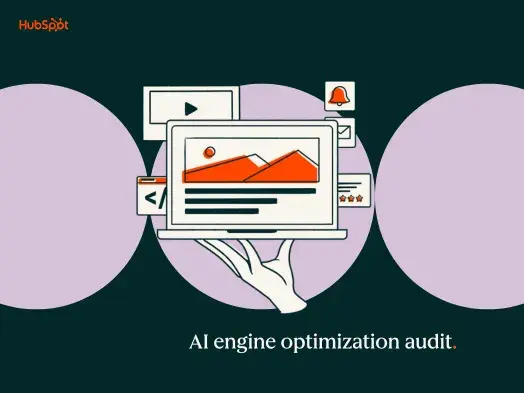
“This will result in a surge in both the sheer number of research processes being executed and in concurrency without a proportionate increase in workforce,” said Vershita Srivastava, practice director at Everest Group. “Industries like biotech and pharmaceuticals will achieve innovative breakthroughs at lower costs.”
Looking ahead
While the AI co-scientist shows promise, its real-world impact remains uncertain. Success will depend on its integration into research workflows and its ability to consistently generate valuable insights across diverse scientific domains.
However, challenges remain. Dai warned of risks related to algorithm transparency, inconsistent performance, and reproducibility issues. “While these systems can accelerate discoveries, they also present challenges regarding data integrity, bias, and over-dependence on automation, which may compromise critical thinking,” he said.










